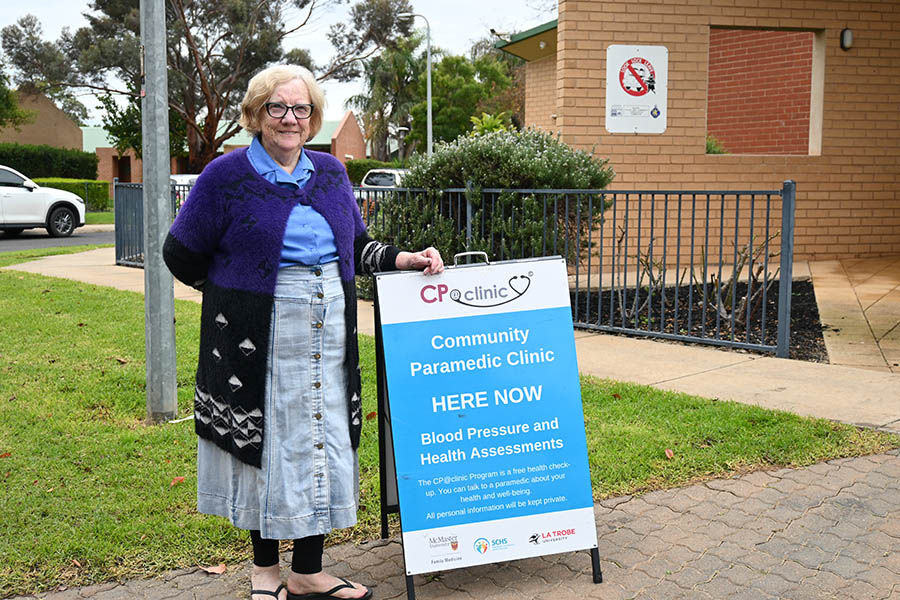Home
We focus on strengthening family medicine’s impact on the health and well-being of all people and their communities. Our team accomplishes this through collaboration, capacity building and person centredness. With over 50 years of innovation and leadership, we are changing the way health care is designed and delivered for better health and a brighter world.
We innovate. We educate. We care.
Latest News

Faculty of Health Sciences ➚
Climate change and sustainability: How individuals and the health care sector can help
News

CP@clinic program expands reach in Australia with new funding
News, Research, VIP Lab

Family medicine announces new Canada Research Chair
News, Research
Information Box Group
Education Learn More
At McMaster, innovation is found not only through “what” you learn and do, but also “how” you learn and do. We are committed to providing you with the best possible training.
Research Learn More
Our research, which has informed the development of innovative systems of care and contributed knowledge leading to improved health outcomes, is regularly recognized with local, provincial, national and international awards for excellence.
Health Services Learn More
More than 40,000 people in the Hamilton region have access to primary health care through McMaster Family Health Team (MFHT), a collaboration of three separate clinics operated by our Health Services team.

